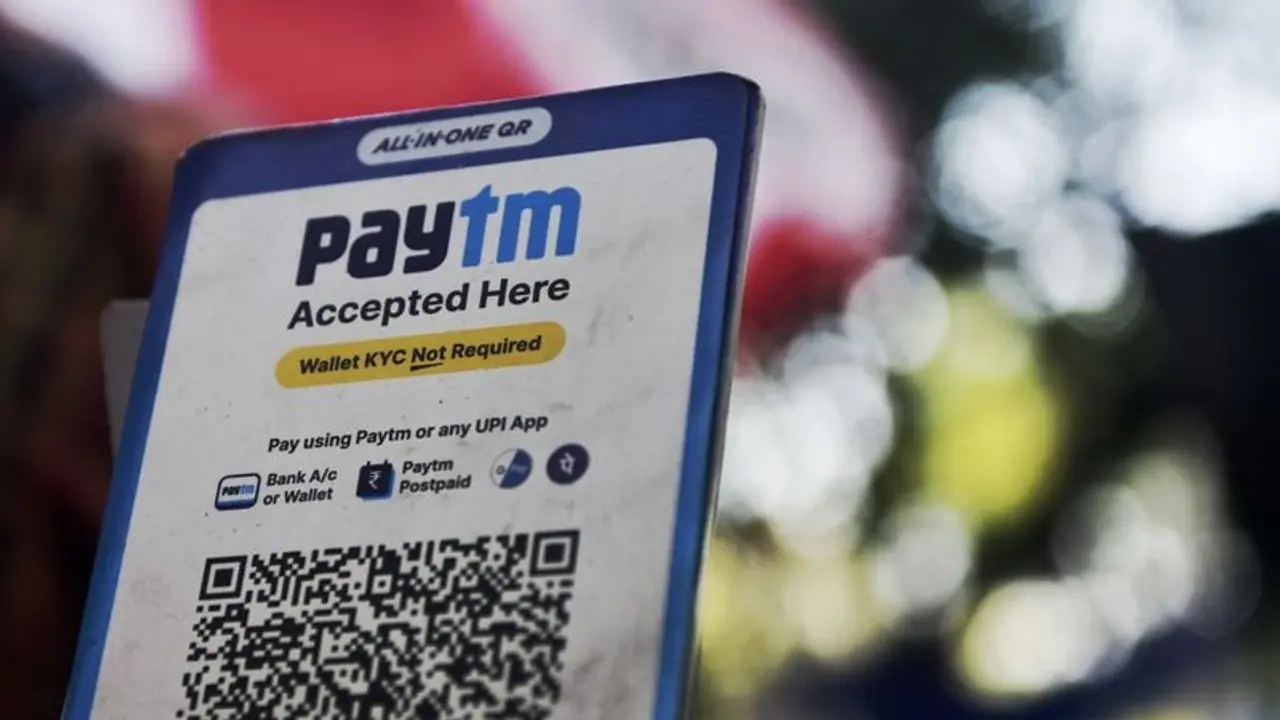The granting of this license comes as a relief for Paytm users, ensuring uninterrupted access to payment services. According to NPCI, Axis Bank, HDFC Bank, State Bank of India, and Yes Bank will step in to provide payment system services to Paytm.
Amid regulatory challenges faced by Paytm Payments Bank, the National Payments Corporation of India (NPCI) has stepped in to ensure continuity in payment services for customers. On Thursday, NPCI announced the granting of a third-party application provider license to One97 Communications Ltd, the parent company of Paytm.

This license allows Paytm to continue facilitating payments through its app via Unified Payments Interface (UPI) even after the imminent shutdown of Paytm Payments Bank on March 15.
The granting of this license comes as a relief for Paytm users, ensuring uninterrupted access to payment services. According to NPCI, Axis Bank, HDFC Bank, State Bank of India, and Yes Bank will step in to provide payment system services to Paytm. Notably, Yes Bank will also serve as a merchant acquiring bank for both existing and new UPI merchants associated with Paytm.
In a statement, NPCI said the importance of completing the migration of existing handles and mandates to new payment system provider banks at the earliest, ensuring a seamless transition for users and merchants.
UPI, owned and operated by NPCI, remains a pivotal platform for facilitating money transfers across banks. Despite recent challenges, Paytm has maintained its position as the third-largest UPI payments app in India. In February alone, Paytm processed 1.41 billion monthly transactions worth 1.65 trillion rupees, as per NPCI data, albeit experiencing a slight decrease from January's figures.
Bengaluru jewellery shop shootout: 2 injured, accused on the run
PhonePe and Google Pay continue to dominate the UPI payment landscape as the two largest players. The move by NPCI follows the Reserve Bank of India's directive to review Paytm's request to operate as a third-party application provider, signaling concerted efforts to address regulatory concerns and ensure the smooth functioning of payment services in the country.
